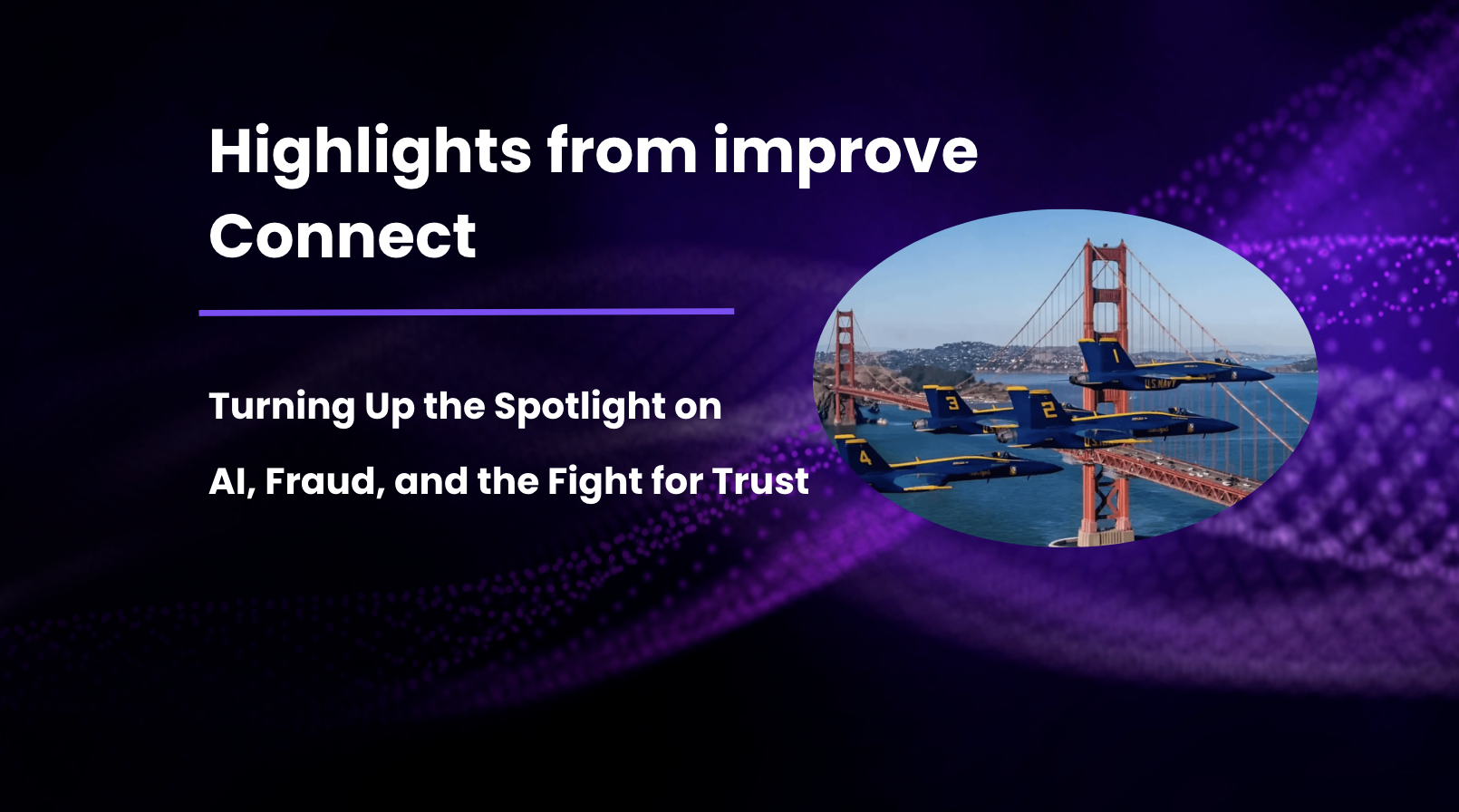Rapid cross-industry digitization has a significant impact on how businesses operate and grow—from the very business model (only-only banks) to how they acquire and interact with customers (Alibaba’s revenue from core commerce topped $11 billion in Q4 2017) and expand to international markets (like Discover does, by building one of the most curious networks of networks).
Commerce is one of the areas most reshaped by digital technologies. Previously disparate business units of massive corporations come together to build ultimate ecosystems in which everything feeds a core commerce business. For example, Amazon is no longer just an online retailer—it’s a whole ecosystem: Amazon Go, Amazon Pay, AWS, Amazon, Alexa, Kindle, Amazon Fresh, Amazon Prime, Echo, Amazon Fire TV, Amazon Drive, Audible, Withoutabox, and, most recently, Whole Foods.
The Amazon universe is not the only impressive example of how ecosystems redefine commerce, making it powerfully invisible within every piece of the digital and physical realm. Moreover, similar universes exist in parallel in various parts of the world—Alibaba, Tencent, and Alphabet would be other vivid examples.
Those universes rapidly shrink the number of digital activities beyond their scope, gathering information on every element of one’s behavior. Every digital, and increasingly often, even physical activity is accompanied by filling out another blank in corporate data about consumer/client behavior. The customer is in the center of any activity in those ecosystems, and it carries a dual value:
On one side, ecosystems get to understand, anticipate, and shape consumer behavior based on the depth of data that was never as accessible as it is right now. The ability to connect the pieces of a puzzle that our behavior represents through various units of Alphabet’s universe unlocks an unprecedented commercial value.
On the other side, consumers get to enjoy frictionless, device-agnostic experiences powered by invisible payments.
What’s more important is that with the emergence of private universes, where every activity is a purchase or a journey to a purchase, industries are being reshaped.
Airbnb reshapes hospitality. With the introduction of “Experiences,” Airbnb became more than an online marketplace for homes—an ecosystem seeking to meddle into a whole vacation experience and every aspect of it. Uber and Tesla changed transportation; WeWork changed commercial real estate management. While it’s difficult today how many ecosystems there will emerge or develop in the next decade, one is certain—it will be a minimal number. Consolidation touches every industry, and financial services are an example of how it happens. Ecosystems will encompass solutions, marketplaces, services, and products across sectors and the world, leaving very little grey space for competition.
The rise of ecosystems has a profound impact on business intelligence and how it transforms around the customer to continuously meet changing needs. The ability to follow the customer across activities presents a colorful picture of what the next need would be. Does a person who orders high-calorie food home and uses remote working software need to be occasionally reminded of home exercise equipment through Google Ads? If Alphabet were to offer insurance products, would all that knowledge accumulated over a period result in an unfavorable profile for an insurance product for a high-risk individual?
In financial services, the British Bankers’ Association (BBA) calls the idea ‘banking beyond banking.’ In order to be able to compete in the ever-transforming environment, modern banks will have to function in a radically different way and move past banking for the sake of banking.
“One important difference is that they’ll need to look ‘beyond banking.’ This begins with recognizing that the people buying their products or services have wider considerations in mind than the purchase itself. <…> To be truly customer-centric, banks must look further and wider than the immediate transaction to understand a customer’s surrounding journey, needs, and aspirations,” BBA stated.
At the core, the idea is quite simple and applies beyond banking—localized choices have a history behind them. The ability to track choices that lead to particular needs and actions within their ecosystems is of incredible value to businesses. Understanding that, business groups like Alibaba, Amazon, Alphabet, and Airbnb build avenues that lead all behavioral data into their predictive engines, allowing them to leverage their networks to deepen connections with customers further.
Fortunately, advancements in processing power, AI, and machine learning can address the need to organize and understand volumes of unstructured data generated today.
The emergence & establishment of powerful and highly integrated ecosystems is one of the greatest opportunities and transformative forces across industries—banking, insurance, hospitality, transportation, and retail & commerce. Unfortunately, only a very limited number of companies are best suited to survive and thrive in the new world of private universes. The transition from disparate competitive players to aligned and connected business units requires startups to understand their place in the ecosystem and re-evaluate exit strategies.

Keep reading

Ascertaining a user’s age used to involve simple self-declaration or rudimentary checks, but technologies like facial recognition and rigorous identity verification offer a more accurate form of determination.

Even though we’re all acclimated to using them, passwords simply do not provide an adequate level of security.

Industry leaders gathered at Prove's Improve Connect summit to discuss balancing frictionless digital experiences with the threat of AI-powered fraud. Experts from companies like Coinbase, Bluevine, and Google shared insights on navigating the challenges and opportunities of emerging technologies.














